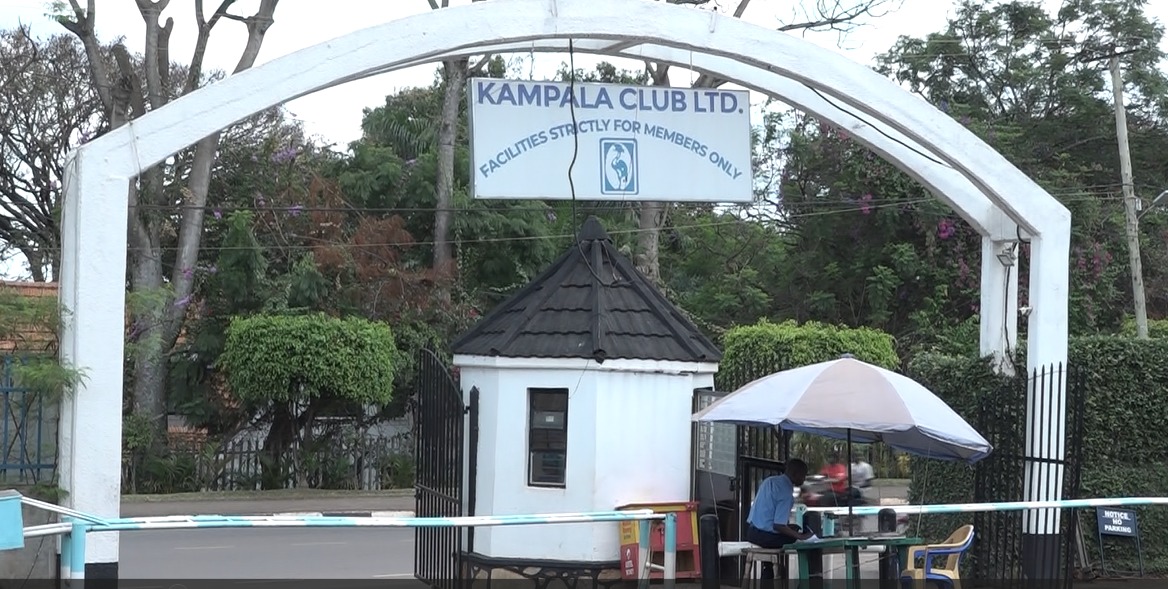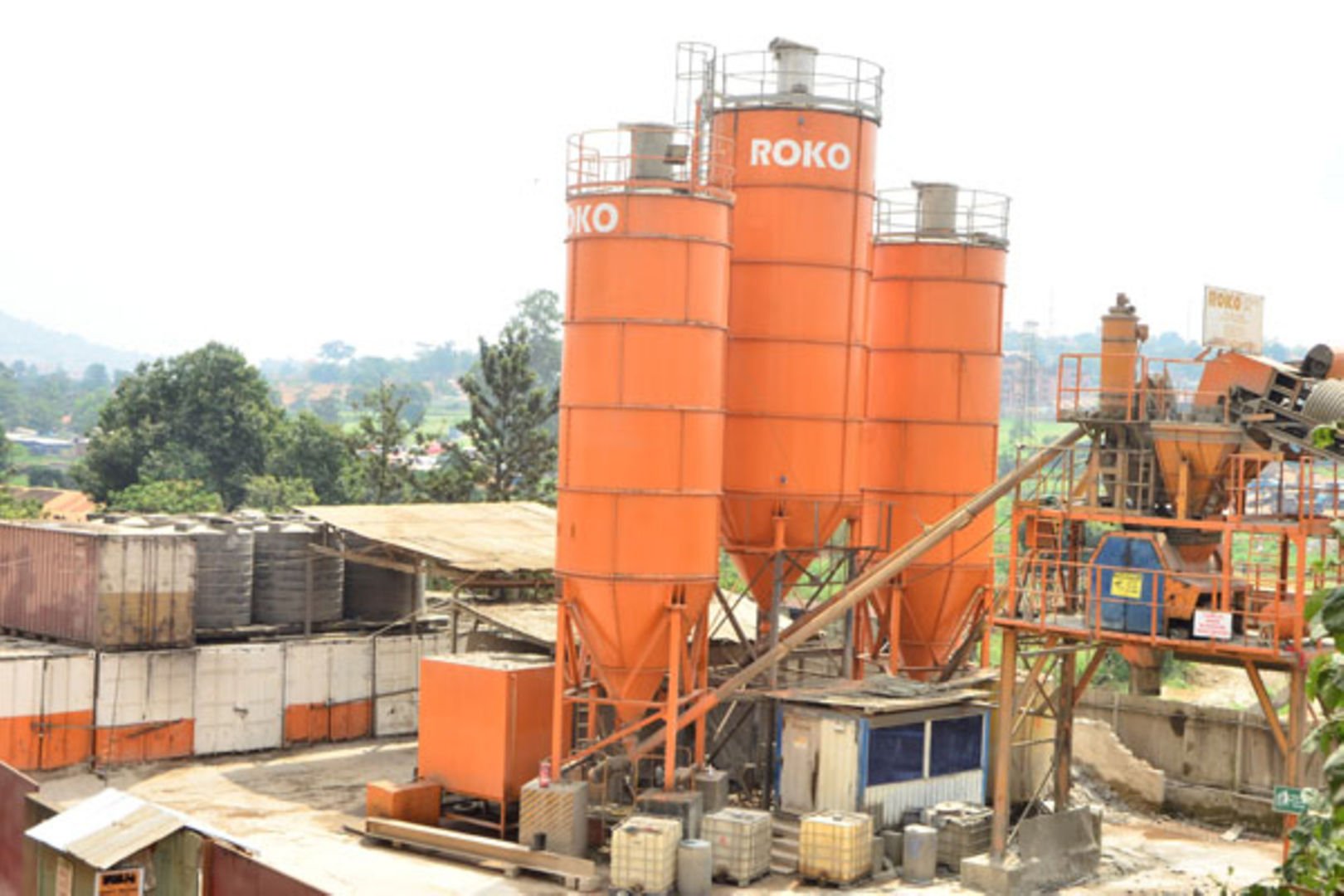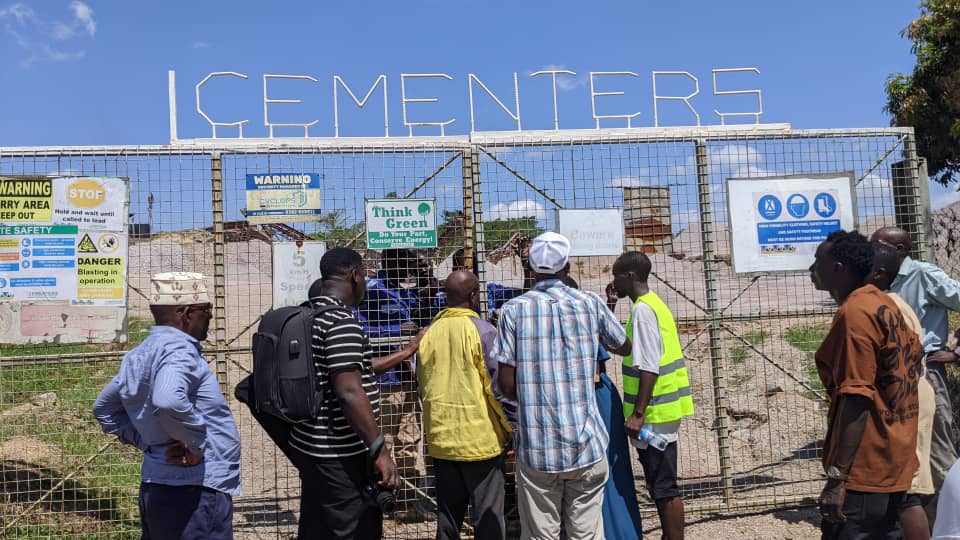Kampala Club, a leisure place patronised by the powerful and the connected, will not have to pay Shs 166 million that the Uganda Revenue Authority (URA) had assessed as VAT on the membership fees, the High Court has ruled.
The decision, delivered by Justice Susan Odongo overturns an earlier ruling by the Tax Appeals Tribunal which had ordered the club to pay.
The dispute began in April 2022 when the URA audited Kampala Club and assessed it for VAT on fees collected from members between 2020 and 2021, initially totalling Shs 215 million. The club, which operates health club facilities, sports areas, and social spaces exclusively for its members, objected to the assessment.
The URA partially reduced the amount to Shs 166 million after reviewing the objection, but upheld that the fees were taxable.
Unsatisfied, Kampala Club appealed to the Tax Appeals Tribunal in late 2022. The tribunal sided with the URA on October 31, 2023, ruling that the fees qualified as payments for services and were subject to VAT.
This prompted the club to take the matter to the High Court arguing that its non-profit nature and recreational focus exempted the fees from tax.
At the heart of the case was whether the annual subscription and membership fees paid by Kampala Club’s members count as a “taxable supply” under the Value Added Tax Act. The URA argued that the fees were “consideration” for access to the club’s facilities, like gyms, sports areas, and social events.
They claimed this made it a business activity, even if the club did not aim to make a profit.
Kampala Club countered that the fees were not payments for specific services but simply to maintain membership status and rights.
As a company limited by guarantee, the club emphasised that its activities such as promoting sports, recreation, and fellowship were leisure pursuits, not commercial ones. They cited Section 18(3) of the VAT Act, which excludes hobbies or leisure activities from being treated as business.
The club also pointed to international precedents, such as a UK case where contributions for recreational shooting were not taxed, and a Kenyan ruling on golf club fees.
The court examined evidence like the club’s constitution, witness statements from its general manager, and financial records showing no profit motive. Justice Odongo disagreed with the tribunal’s view that there was a direct “economic link” between fees and services, calling it flawed.
High Court overturns fines imposed on Nile Breweries in tax dispute with URA
Justice Odongo noted that members pay for belonging to the club, not for a “quid pro quo” and that non-payment leads to loss of membership rights, not a breach of service contract.
Kampala Club, founded in 1912 on Nakasero Hill to service the leisure interests of the British colonial masters, emerged victorious. This means they do not have to pay the Shs 166 million in VAT for 2020-2022, avoiding a financial burden that could have strained their operations. The URA lost the appeal and must now drop its claim for VAT on the club’s annual subscription and membership fees.







